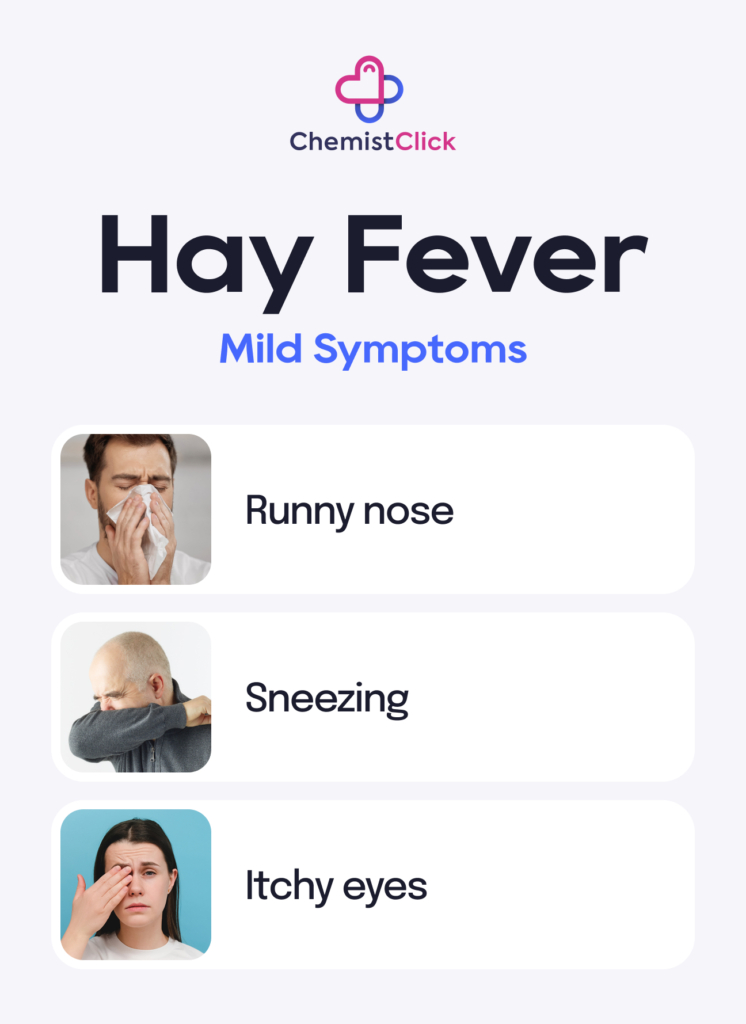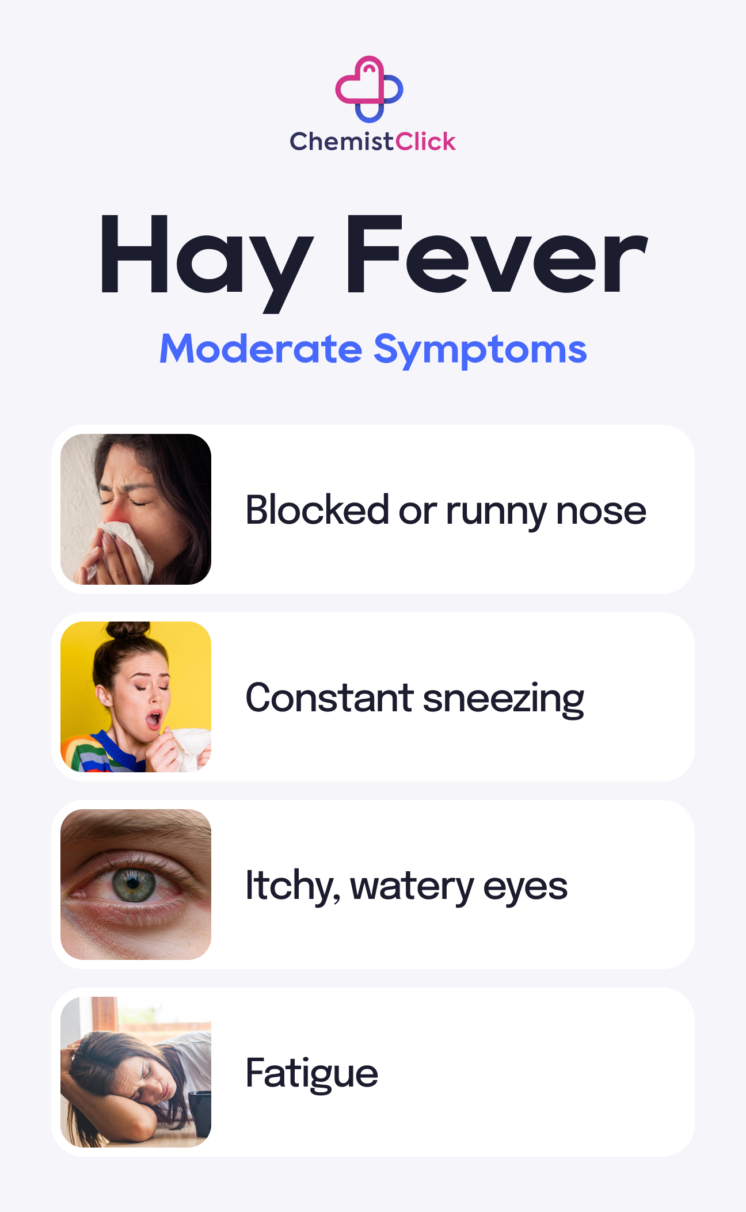Hay fever fatigue is that exhausted, foggy-brained feeling that hits when allergy season rolls in, leaving you low on energy no matter how much you sleep.
It happens because your immune system goes into overdrive, treating harmless pollen like an invader and releasing histamines that trigger sneezing, congestion, and itchy eyes, as well as inflammation and fatigue.
On top of that, blocked sinuses can wreck your sleep, and some antihistamines make you even sleepier. If you’re prone to hay fever, you might feel sluggish, irritable, and just plain wiped out.
It’s worth reviewing your hay fever medication if you notice an increase in fatigue. First-generation antihistamines are more likely to make you feel drowsy, so try non-drowsy antihistamine tablets like Loratadine instead. This powerful once-daily hay fever tablet is a popular choice for relieving symptoms, as highlighted in our Loratadine reviews, with many users giving it five-star ratings.





